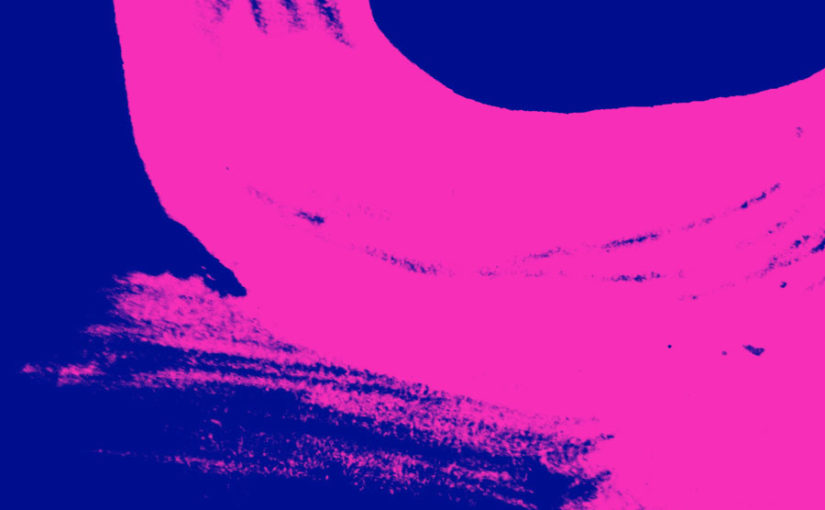A festival is a moment of festivity. In this Verão Azul we want to celebrate art, the lightness of encounters, but also to think of the world and its current problematic issues.
In this 9th edition, Verão Azul proposes to debate the Anthropocene – a concept made popular by Paul Crutzen, the Nobel Prize of Chemistry in 1995 – consisting in the geological era we live in, and that it is characterized by the impact of Men’s actions in his habitat. The region of the Algarve, like our entire planet, is a victim of human action, making the Anthropocene visible at an ecological, social and economical level. A peripheral region of a peripheral country, Algarve has endangered seahorses at Ria Formosa, disappearing chameleons in the leeward dunes, threats of oil drills in the coast of Aljezur, golf fields invading the region, collapsing beaches, constructions in zones of Agricultural Reserve. Who does this? Man does. His motivation? The accumulation of capital. Andreas Malm defends that climate changes in our planet are caused by the small percentage of powerful people who control the means of production and make decisions on the use of energy and other consumptions of the majority of the world’s population defending that, more than living in the Anthropocene, we are commanded by the Capitalocene. Activating our citizen conscious that we share the same world and that together we can be a force can change this observation.
Because we believe in citizenship, we also believe in the political value of the party: that gathering and promoting encounters between people also allows us to debate serious questions. Therefore, in this edition we invite the public to wander through several cities and to enter this era we live in with us, with total awareness, watching performances that talk about these themes from different perspectives: poetic, such as Alessandro Sciarroni, Cátia Pinheiro and Gustavo Ciríaco, who make us wander through our imagination about landscapes that belong to us all; political, such as Mil Metros 2, Niño de Elche and Silke Huysman & Hannes Dereere, whose proposal is to think about our part as citizens; sociological, such as André Príncipe, Susanne Meures, Clement Cogitore and João Salavisa & Renée Nader Messora, who show us ways of living that might be far from ours through images. But we also propose that people get together in immersive experiences such as the performances by André Uerba and Ferrandini, Cepeda and Maria.
This year there will be two meeting points in Loulé and Faro, where we invite people to meet after the shows in theatres and where they still have the possibility to listen to concerts by local musicians, next to other national musicians; where we also promote encounters with the artists and develop a critical thought on the festival. After two weeks in the leeward, we close the festival in Lagos with more performance made for the city, for children and for art lovers. In Lagos’ Cultural Centre we present Raquel André and her lovers and we close the festival with Tó Trips and Tiago Gomes, in a tribute to Jack Kerouac.
Created in 2011, Festival Verão Azul became biannual in 2017. In 2018 it took artists in residencies in both the lee and windward sides of the Algarve, that developed their projects in dialogue with this region’s communities and morphologies, creating a more narrow relationship between the themes that concern the local territory and us. The Festival aims to connect the territory to others at a deeper level and to deepen issues that move us about our future, our past and, mostly, about our present.
Activists, theorists and local citizens have been fighting a lot to make the problems that affect the region socially, economically and environmentally rise to another level of visibility. In this edition Verão Azul tries to bring emphasis to the Anthropocene and the Capitalocene, and the different ways of facing their consequences. We present a programme with emergent and recognized national and foreign artists we love, whose practices are guided by ethics and who talk about our society and our world, provoking, through art, aesthetics, political and emotional postures, so that we can go a step further in thought and action about the world.
In an effort to make the best we can, we still use paper to publicize the festival (even if it is recycled), we still use cars to move around (though we carpool), but we want to be together, partying and reunited, exposing what the power centres have the tendency to discredit: the critical mass in the ‘periphery’, celebrating with serious themes, art through education and conscious citizenship.
Without stopping, moving ON THE ROAD!
Catarina Saraiva
